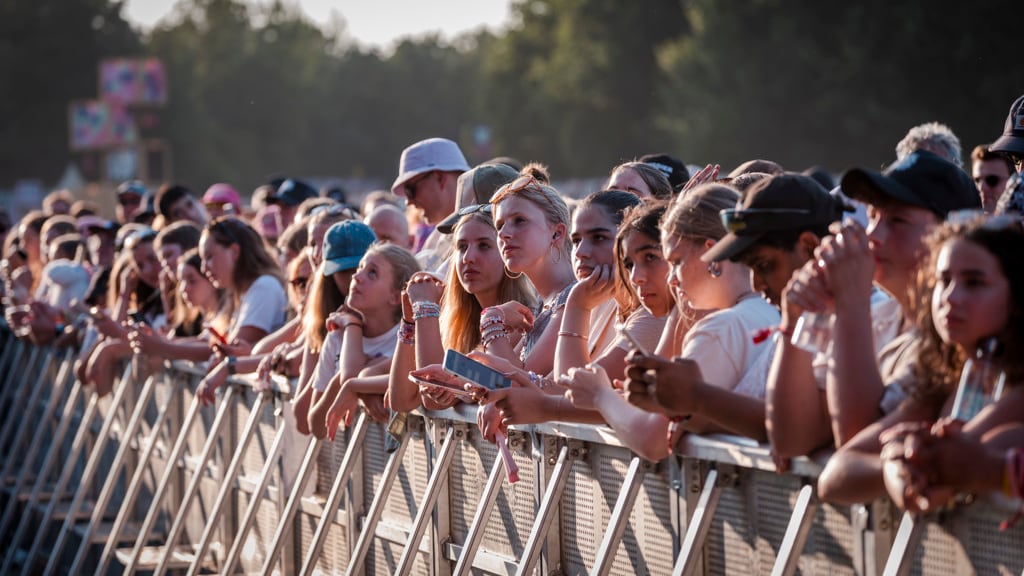Many festivals in trouble: 'Too many rules, too high costs'


"If we want to have a good party in 2040, we have to create the conditions now," says Boris van der Ham, chairman of the VVEM (Flemish Association of Flemish Commerce and Industry). His association has therefore drawn up a comprehensive manifesto with plans to guarantee the sector's future.
The events industry is under pressure, says VVEM, whose members include Pinkpop, Mojo Concerts, and ID&T. This is especially true for festivals. "Rising costs, inflation, staff shortages, and expanding regulations are putting more and more festivals at risk. For example, every municipality has different regulations. This needs to be harmonized," says Van der Ham.
With the parliamentary elections approaching, the sector hopes for recognition and a permanent place on policy agendas. "Not as an afterthought, a burden, or a luxury, but as an essential part of a vibrant economy and a healthy society," the document , containing 24 proposals, states.
One of these proposals even advocates for including festivals and events in municipalities' health and welfare agendas, with the idea of mapping the social value of these events.
Permit JunglePerhaps the biggest thorn in the sector's side is the permitting procedures. "Organizers are faced with conflicting requirements, slow decision-making, and fickle government agencies," the industry reports.
That's why national guidelines should be established. Festivals that have already proven their worth should be able to obtain permits for multiple years.
Thousands of sleeping bags are being donated from Lowlands to refugees, as you can see in this video. (Text continues below the video)
The event organizers hope for a "national exception to the nitrogen regulations for temporary events that do not pose a structural burden," so that events can continue to be set up. They also advocate for abolishing tourist tax for festivals.
More generally, the sector wants to reduce regulatory burden. According to festival entrepreneurs, the new Environmental Act , which governs many permits, has resulted in many rules being interpreted differently by municipality since last year.
Festivals often have a significant impact on the surrounding area, such as the nature reserve where the event is held. Therefore, organizers are required to assess the impact of their activities against the law.
For a long time, the number of arts and culture festivals in the Netherlands grew explosively, with hundreds of new events added in a relatively short time. But last year, a slight decline began, from 1,252 to 1,225 festivals. Attendance also fell by 5 percent. Conversely, the number of (large) concerts grew by over 17 percent to 385, according to industry figures .
Another sticking point: parties like Viagogo reselling tickets without the organizers' permission. According to VVEM, this should be prohibited. "The proceeds from ticket sales must remain within the sector and contribute to artists, productions, and a safe audience experience, not to intermediaries or platforms that do not contribute to the event," the manifesto reads.
Finally, the sector, like many other businesses in the Netherlands, is facing staff shortages and therefore wants more flexible regulations for hiring staff and promoting training programs. "From 2022, festival organizers will face staff shortages of 55 to 60 percent in technical and operational roles," writes VVEM. The shortage is said to be primarily temporary staff in "setup and dismantling, technology, security, and hospitality."
RTL Nieuws





